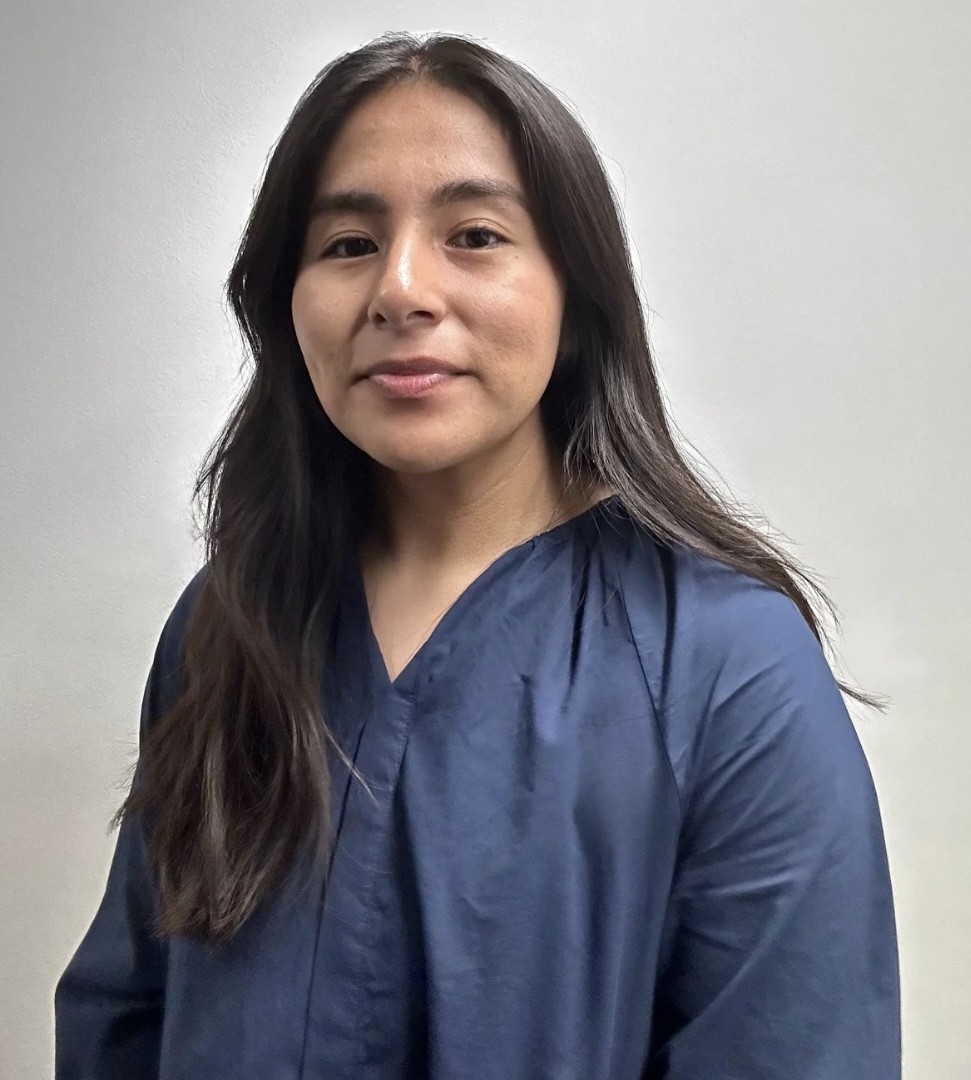Indigenous Learning Forum: "Resistance Beyond Displacement: How Indigenous Migrants in Oaxaca, Mexico Redefine Resistance Beyond Transnational Borders 1980-2020" with Rosalba Gomez Bautista

The third 2024-2025 Indigenous Learning Forum will take place November 21, 2024 at 3:00 p.m. ET on Zoom. This talk will be given in English with Spanish translation.
This event is open to all but registration is required.
Rosalba Gomez Bautista (they/them) is a Mixteca (Ñuu Saví/People of the Rain) first-generation scholar in the diaspora of their homeland, San Juan Mixtepec, Oaxaca México. They are an active member of Comité Oaxacali, a grassroot collective centering local, community, transnational efforts to combat environmental and social-political challenges and support those impacted in the fires in the Valles Centrales of Oaxaca and across transnational borders. Rosalba's activism extends globally, focusing on the diaspora and advocating for the rights of Indigenous communities. Their work prioritizes Indigenous autonomy and fosters community resilience in the face of current global crises.
Rosalba Gomez Bautista earned their bachelor’s degree in Political Science, with a minor in Ethnic Studies, from Sacramento State University in Spring 2024. Currently, they are pursuing a Master of Public Policy (MPP) at Claremont Graduate University in the Department of Politics and Policy. Rosalba’s research critically engages with the intersections of comparative politics, public policy, and Indigenous politics, focusing on how systemic inequities impact Indigenous communities, migrants, and marginalized populations. As both a scholar and an activist, their work is dedicated to advancing policy-driven solutions that confront entrenched social injustices. Committed to bridging the gap between academic inquiry and grassroots organizing, Rosalba's scholarship aims to contribute to liberation movements by informing and influencing policy reform for historically oppressed communities.
Resistance Beyond Displacement: How Indigenous Migrants in Oaxaca, Mexico Redefine Resistance Beyond Transnational Borders 1980-2020
This research explores the intersection of Indigenous migration, resistance, and state violence through the lens of Indigenous communities in Oaxaca, Mexico. Focusing on the period between 1980 and 2020, their research examines how Indigenous migrants navigate and resist the forces that drive displacement, emphasizing the transnational connections formed across borders transnationally. The binational dimension of this research explores how Indigenous migrants maintain cultural practices and political identities while challenging state policies in both Mexico and the U.S.
Using feminist and resistance theories, particularly Indigenous feminism and decolonial frameworks, the research analyzes how these communities engage in both violent and non-violent forms of resistance to assert autonomy and challenge oppressive state policies. By examining grassroots movements and Indigenous agency, it seeks to inform the development of policies that address the systemic injustices faced by migrant and marginalized communities. research also critiques the gendered dynamics of migration and resistance, showing how Indigenous women’s experiences differ from both mainstream feminist narratives and the traditional political roles expected in their communities as their roles as caregivers, community leaders, and political actors.
This research offers a path forward by proposing a reimagined approach to policy-making, one that actively incorporates the political subjectivities of Indigenous, migrant, and marginalized communities into governance structures, thereby bridging the gap between Indigenous resistance and policy development for migration policies. The ability of Indigenous migrants to maintain political engagement, even after displacement, exemplifies how resistance is sustained across borders and through various forms—cultural preservation, activism, or advocacy for policy changes in multiple political contexts. Through this, the study positions itself as a vital contribution to future scholarship on Indigenous governance and policy transformation.
